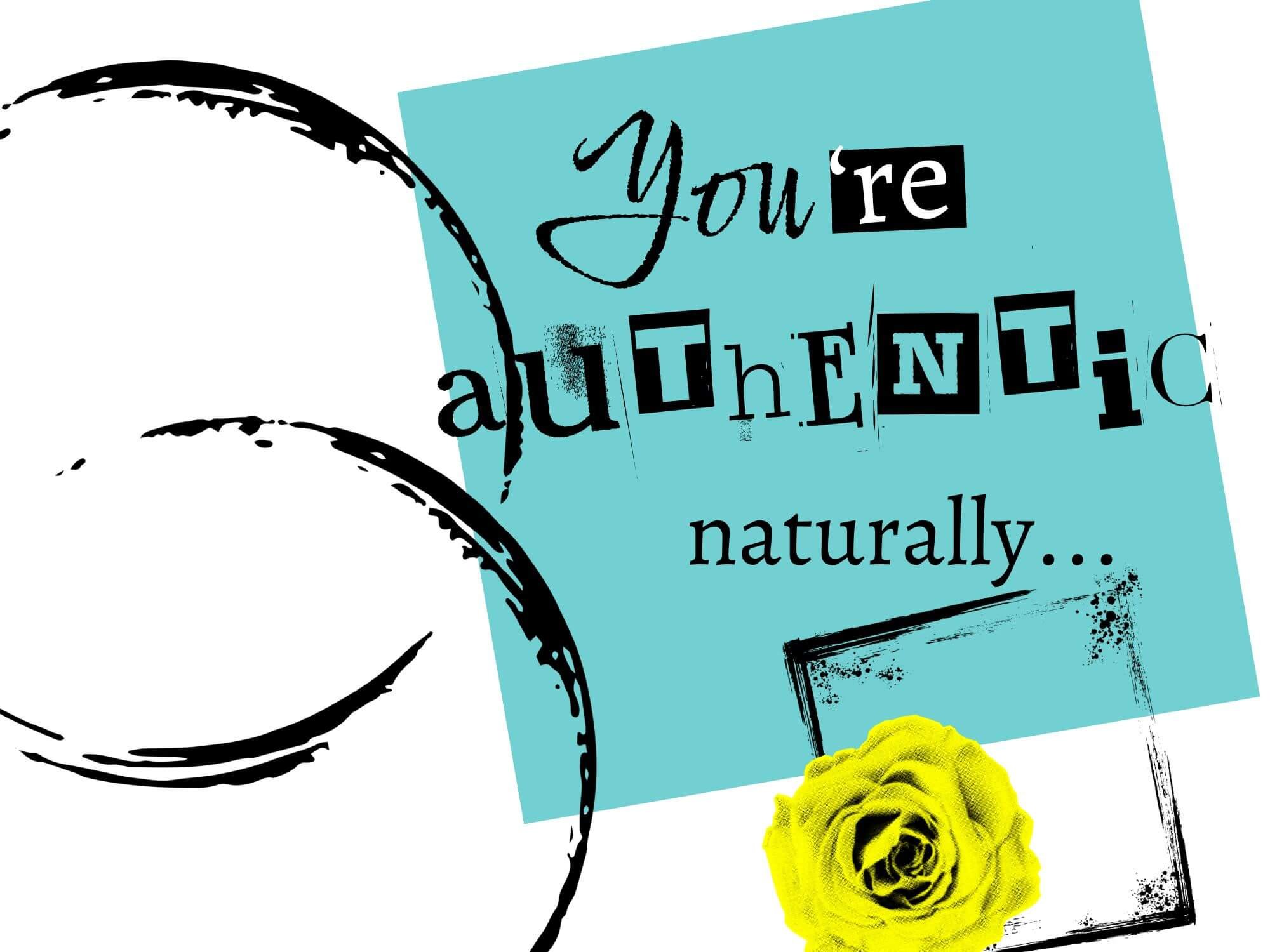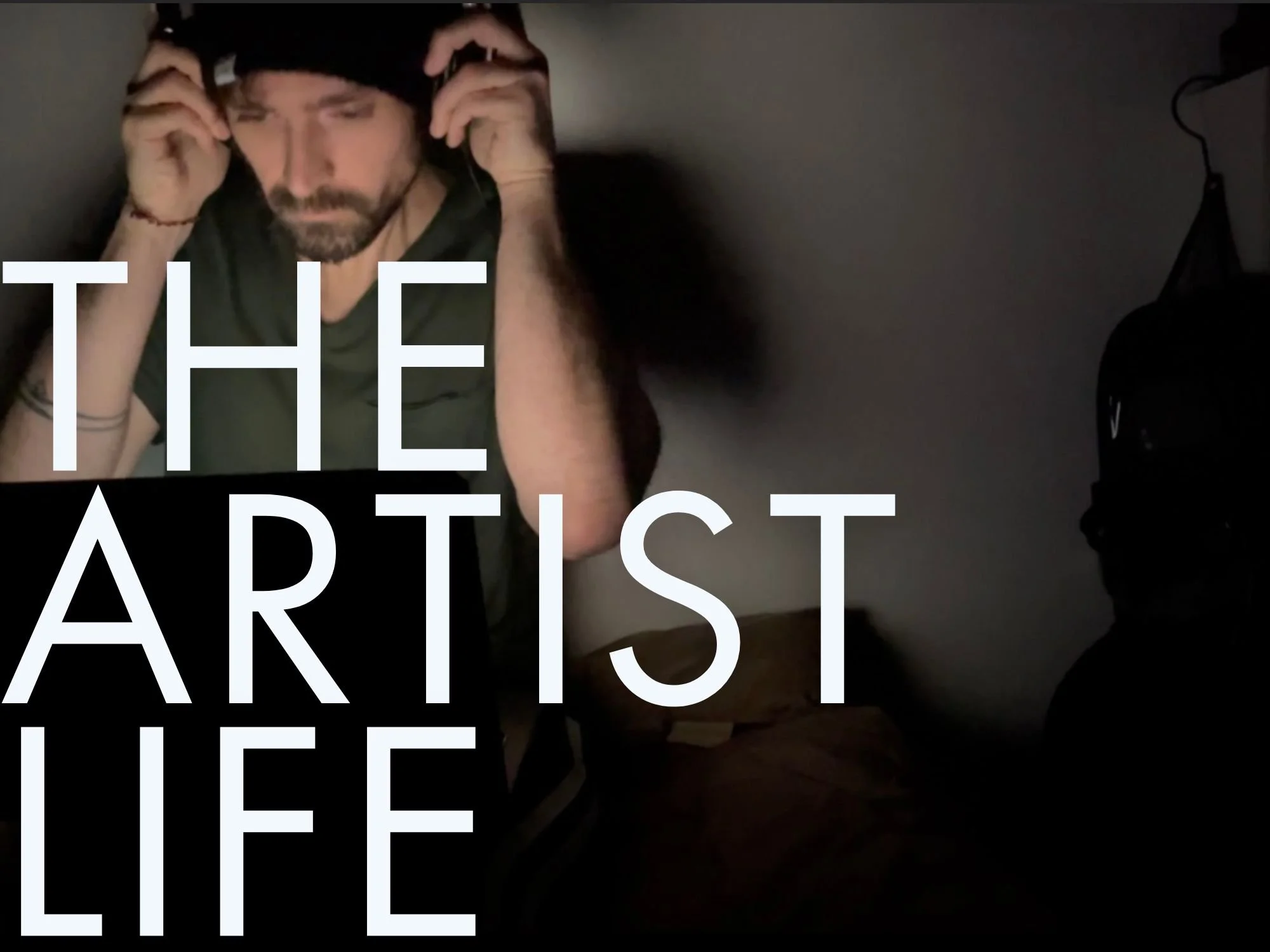12 Creative Stereotypes to Know (clichés gone rogue)
Myths, half-truths, clichés! It’s all a ruse.
Generalizations are like sticky spills on society. We just can’t seem to clean them off. But awareness and education helps. So welcome to my list of the top artist stereotypes that I see pop up time and time again.
These art myths come from personal experience, observations or research.
But if you’ve got another art stereotype I haven’t listed, please let me know in the comments — I would love to hear from you!
Otherwise, let’s just jump straight in and explore some of the top artist clichés floating around out there.
1. Artists Are Eccentric, Socially Inept Or Somewhat Aloof
Let’s start out with one of the more popular labels: the eccentric artist.
First off, let’s start by agreeing that being eccentric, aloof or introverted is a great thing. But so is the opposite. The point? There’s no right or wrong personality.
But the idea that all artists are one way is hogwash.
It is true that creative personalities tend to have hallmarks – a certain ability for viewing the world differently. Perhaps it’s this knack for seeing outside boxes that accounts for perceived oddities and unconventional thinking.
But at the end of the day, this stereotype is simply a blanket judgment, leaving many creatives out in the cold.
2. Artists Always “Look the Part”
This was a close second. But there’s definitely an image of what an artist “should” look like. I mean, I’ve been guilty of this.
You know, that mental image of some bed-headed, hipster-chic painter in a swanky warehouse, with a story to draw. But of course, in reality, we come in all sorts of flavors.
As an experienced persona-jumper myself, I can tell you I don’t always look like I’m brimming with creativity. Well, duh.
From my typical college partier days to my stint as an overseas English teacher – and then more recently, my work as a remote digital marketer and a savvy meme stock investor – I haven’t always come across as a passionate songwriter or sketchbook warrior.
But underneath all those coats and identity outfit swaps, I was still an artist, a musician and a creative. Actually, embracing that truth, that side of me, took the longest – let’s just chalk that up to my ongoing imposter syndrome (to be unpacked at a later date).
So, artists don’t always look like artists. Musicians don’t always look like sound makers. And creatives don’t always “appear” to be the creative type.
Who knows, that accountant who does our taxes may actually be working on weekend masterpieces.
Recommended:
Fashion and Created Are Good Friends
3. Creativity Needs A Deeper Meaning Or Commentary
Adding a deeper meaning or message to artwork is powerful and professional. It’s sometimes an intangible dimension that boosts purpose and value to a work.
But I rarely attach any meaning to my creative pursuits – at least not in the beginning.
My songwriting is generally focused on my mood, and the melodies that pop up while I noodle around. My artwork comes from an image in my head and the inspiration of the moment.
Of course, often artwork and songs start with an idea, a message, some story to tell. That’s awesome and can be an effective springboard to play with as a creative.
But sometimes – arguably, oftentimes – that deep-looking painting may have simply come from the musings of the moment. And meaning and messaging were layered on top afterwards, by the observer.
And that’s OK! Actually, it’s kind of great. It’s that interactive, audience-engaging side of art that makes things interesting. How we perceive artwork and music can be pretty subjective.
For some, it may portray social commentary. For others, it evokes emotion and inspiration. But for the artist, it may simply be their creativity playing willy nilly with paintbrushes.
4. Creativity Is Innate
The idea that you’re either born with it or not has been sufficiently debunked. Neuroplasticity and mounds of examples tell us we can all get better at something.
Our brains are dynamic. We can all unlock new capabilities, make fresh connections and learn different skills. And art is no different. Artists are constantly evolving, learning and growing.
I can recognize that some personalities and wiring may have extra innateness for creativity, but artists don’t generally come out of the womb swimming in ideas and artistic prowess.
I think we have two overarching skill sets to explore here: creative soft skills and creative hard skills.
Hard skills can always be learned by anyone. They’re the technical learnings and abilities (i.e., how to draw and color theory or songwriting and music production).
But soft skills can be learned too – although they may take some more work, or at least a different approach. They stem from places like your work and life experiences, your environment and your individual personality.
Actually, creativity in itself is often considered a soft skill. Other examples of soft skills include emotional intelligence, communication, openness to feedback and adaptability.
Still, artists aren’t born with the necessary technical skills or creative awareness. Some more than others, sure, but becoming an artist with zero background or “natural talent” is not uncommon.
So I think it’s safe to say that that’s one more myth debunked.
5. All Artists Are Eager to Share Their Work + Gain A Following
Let’s set a scene. You know how this situation goes, someone stumbles onto your private artwork and immediately they start questioning as to why you’re not sharing it or putting it to work.
And then, the presumptions ensue that you just don’t know how, or that you’re not confident enough.
But in reality, not everyone wants to share, or monetize their art. For many, it’s just a part of their life they’re happy with keeping private. We all art for different reasons.
There’s this notion that if you’re creating art or music, then you should be sharing it and trying to gain a following, or monetizing your skill. And those are awesome goals, for sure.
But they’re not for everyone. So let’s put this stereotype to bed – it’s tired.
6. Artists Aren’t Entrepreneurial With Serious Business Smarts
The modern artist is more like an entrepreneur than you may realize.
It’s a whole different game these days with social media, digital networking and the numerous monetization opportunities online.
Creating a website, marketing your work, setting up merchandising and automated product distribution – it’s all available and relatively simple/affordable.
This is awesome. But it also means we’re wearing a lot of hats: product design, marketing and sales, promo work, distribution, manufacturing – need I go on?
So being a successful modern artist really means being a successful modern entrepreneur – an artrepreneur.
Artists are business savvy. We know the numbers, the best practices, the tactics and the branding. It’s definitely not all paint brushes and busking.
7. Creativity Requires Education
I never went to art, music or film school – just decades of trial and error, mimicking, trying, failing, practicing and YouTubing.
I never spent any time remembering technical terms, instrument anatomy or creativity history.
I mean, I know how to translate the ideas in my head into sounds and images. But ask me the name of all my chords, or the painting technique I’m using, and I’m worthless.
The point is this: the quality of art doesn’t wholly depend on having textbook knowledge of the craft.
While mechanical knowledge can help a lot, for sure, we should try to avoid the whole stereotype that not knowing the terminology or theory makes you less of an artist somehow.
8. Struggle Makes the Best Art
This one is important. I genuinely used to think that great art came from the tormented trenches of emotional artists. So untrue.
There’s a great quote by David Lynch I love to reference here:
“Anger and depression and sorrow are beautiful things in a story, but they are like poison to the artist. You must have clarity to create.”
While music and art can be great emotional outlets and ways to destress and meditate, I can vouch for the reality that creating truly great works requires clarity.
At least for me (and David Lynch).
9. The Poor, Broke Artist Myth
This is the classic creator stereotype: artists are broke. But the truth is, they aren’t broke – but this stereotype is.
Cheap puns aside, it’s somewhat surprising that this story persists. After all, we are in the creator economy and I think most people are aware of this opportunity shift.
Still, there is some truth to this idea. Artists and their work are often undervalued, or not fully appreciated. Our contribution to society can be difficult for non-creatives to fully realize.
Further, the idea of the tortured artist is somewhat romanticized in popular culture.
But let’s shake all of those nuances off, and start fresh. Artists can and do make a sustainable living in modern life. Their role in society can’t be hidden – from essential elements of great designs to improving mental health or spreading social awareness.
Artists aren’t broke or tortured. But they could always use some more love – so be sure to support your creators!
10. Mainstream Things Aren’t Creative
Who says you can’t enjoy a game day Sunday full of football followed up with an evening of paints and Erykah Badu?
Let’s nip this one in the bud.
Artists may think outside the box and have unorthodox tendencies, but that doesn’t mean mainstream life is completely ignored.
Give me an afternoon of Starbucks, brunch and an over-produced, box office superhero movie – and guilty pleasures abound.
But it’s all about balance.
Personally, I love hopping between obscure music from abroad, followed up by secretly enjoying Justin Bieber. Hey, no shame.
Art is about creative confidence and I can appreciate scripted, catchy tunes as much as artistic novelty. I’m pretty sure I’m not alone there.
11. Artists Need to Be Contrarians
This idea is building off the previous concept, that artists don’t enjoy mainstream things.
The cliché that you need to be contrarian to be a “real” artist is like this persisting, unwritten rule we can’t help but feel.
Just because you’re creating something within the confines of a proven script doesn't make it non-artistic. There’s still creativity. There’s still art.
I do admit that atypical thinking is essential to growth and avant garde ideas.
But definitely don’t write off someone whose art doesn’t seem contrarian enough. Often, this type of work is the prequel to truly unique works and being more original.
12. Artists Are Free-Spirits With Breezy Attitudes
Last but not least, let’s address the free-spirited artist.
We started this list with a personality stereotype. So it only seems appropriate to end on one as well.
I can understand the inclination to label artists this way. I mean, just imagine your high school art teacher (my teacher was amazing, but she fit the bill here).
Still – and maybe it’s an obvious statement – not all artists are the laid back, laissez faire type.
So before we assign judgments and themes to creatives, let’s challenge any hiding assumptions.
Later ✌️
Want More? Nice. Here’s more.




